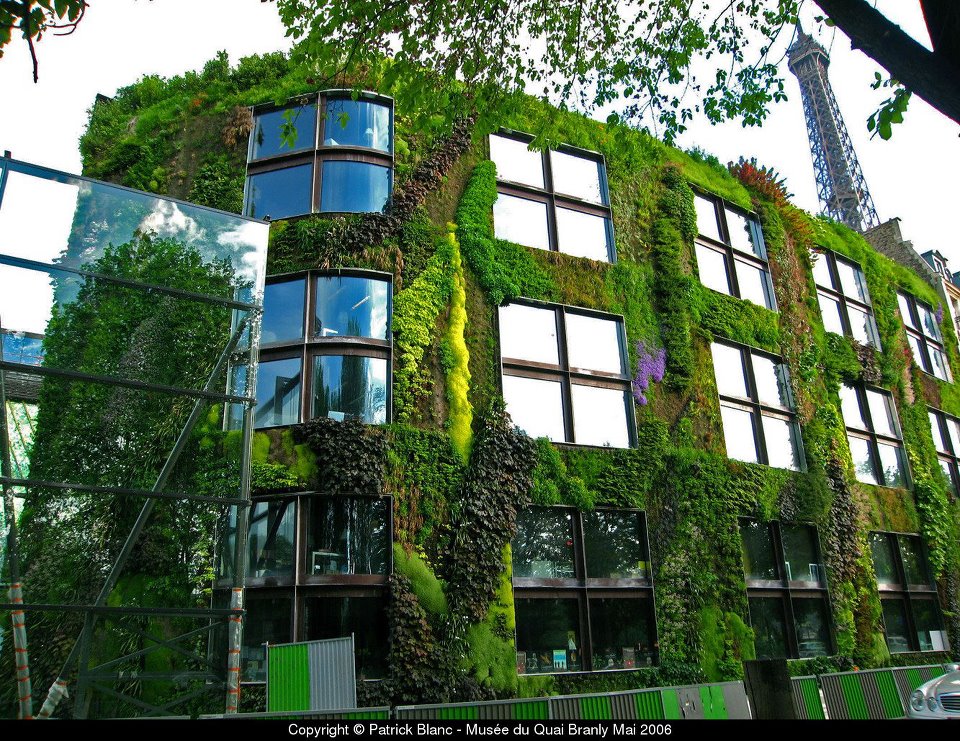Tuesday, 03/03/2026 | 20:50 GMT+7
Green works not only facilitate the efficient use of energy, and save resources, but also contribute to protecting the environment and human health.
Mr. Le Hoa Binh, Deputy Director of Ho Chi Minh city Department of Construction says that the process of industrialization and modernization is consuming too much natural mineral resources of the country, thus, it is time for natural resources conservation. In the field of construction, energy efficiency green building is a solution to reduce costs and tensions between supply and demand. However, buildings in the city, especially in large projects, are not properly attended in terms of energy efficiency.
20% - 40% of cost to be saved
Construction is one of the sectors which cause more harm to the environment, not only due to the consequential pollution but also the degradation of natural resources and minerals.

Mr. Autif Mohammed Sayyed, an expert on green building in Asia - Pacific of the World Bank (WB) says that high energy consumption in high-rise buildings will become a burden to the state (import of materials, less budget for development), to the businesses (operating cost increase, profit decrease), and to the people (more cost of electricity, water, pollution). Meanwhile, green buildings can reduce up to 20% of water, fuel and energy. Therefore, a green home can save 20% - 40% of operating costs for homeowners.
Recently, the World Bank has granted green building certification for two projects in Vietnam, namely the Bridgeview condominium of Nam Long Investment Corporation (in HCM city) and FPT Complex Da Nang. In the design and construction of the condominium, Bridgeview reduced energy costs by 31% (using external shading structures, luminous paint for outer walls and roofs, energy saving lights), 22% of the cost of water (low-flow shower, 2 pusher flushing toilets), 34% of building materials (outer walls, e.g). The FPT Complex also reduces energy costs by 21%, water supply cost by 32% and building materials by 20%.
Incentives and Sanctions
Mr. Nguyen Cong Thinh, Deputy Director of the Department of Science, Technology and Environment, the Ministry of Construction, says that in connection with green building there is a National Regulation on Technical Standards QCVN 09:2013 on buildings of energy efficiency.
According to this regulation, the investment into green building projects is obligatory from the project formulation, appraisal and design verification. However, the implementation of the Construction Standard 09:2013 is still limited, often underestimated by the investors, less concerned or even ignored by the verification consulting units. Looking ahead, the Ministry of Construction will establish inspection teams to work with local authorities in reviewing how much applicable the standards and regulations are, in the stage of verification and evaluation of projects.
According to Mr. Thinh, the Law on Energy saving and efficiency takes effect in 2011; Decree 134 defines the sanctions in administrative violations in the field of electricity, hydropower dam safety, energy saving and efficiency were alread promulgated in 2013. Although the maximum fine is only VND 100 million, so far no one has been fined. The Ministry of Construction is making a request to the Ministry of Industry and Trade to review and to apply the sanctions stringently on cases of violation to highlight the deterrent and dissuasive functions of the laws.
However, the experience from other countries around the world shows that in addition to strict sanctions there should be incentives to encourage individuals and organizations to get involved in the implementation of green buildings. Currently, the Ministry of Construction is conducting a survey, a detailed energy audit in 75 buildings, covering an area of over 2,500 m2 of house floor in the country. Based on the survey results, the mechanism and policies will be prepared, cost norms calculated, and training provided, all of which shall be applicable for the implementation of green buildings.
Do Trong Tan







